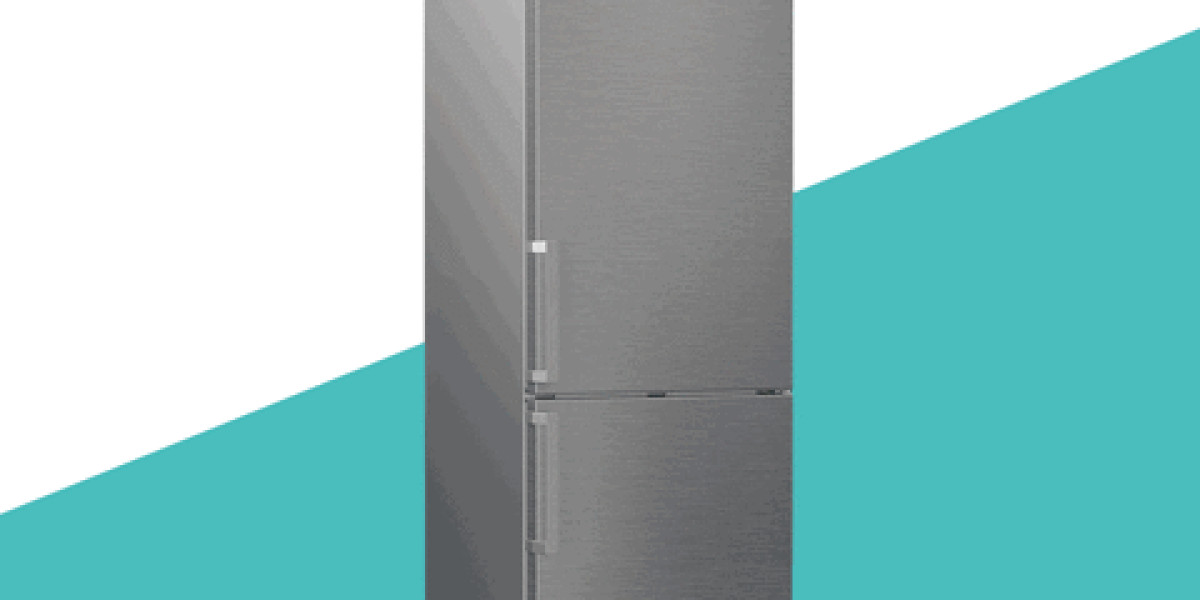Advancements in neurology technology are reshaping the landscape of medical diagnostics, offering groundbreaking tools for early detection and precise analysis of neurological disorders. From innovative imaging systems to AI-driven platforms, these developments are enhancing the accuracy, efficiency, and outcomes of neurology diagnostics. This article delves into the impact of neurology technology on healthcare, exploring the tools and techniques driving this transformation.
The Growing Importance of Accurate Neurology Diagnostics
Neurological disorders affect millions worldwide, ranging from common conditions like migraines and epilepsy to complex diseases such as Alzheimer’s and multiple sclerosis. Accurate diagnostics is critical in managing these conditions effectively. Early and precise identification allows healthcare providers to tailor treatments, improve patient outcomes, and reduce healthcare costs.
Traditional diagnostic methods often face limitations, including delayed results and subjective interpretations. Neurology technology addresses these challenges by providing objective, data-driven insights that enhance diagnostic precision.
Cutting-Edge Technologies in Neurology Diagnostics
1. Advanced Neuroimaging Tools
Modern imaging technologies like MRI (Magnetic Resonance Imaging), CT (Computed Tomography), and PET (Positron Emission Tomography) scans have revolutionized neurology diagnostics. These tools provide detailed images of the brain’s structure and function, aiding in the detection of abnormalities such as tumors, lesions, or stroke damage.
Functional MRI (fMRI) goes a step further by mapping brain activity in real time. This is particularly useful in understanding disorders like epilepsy, where pinpointing the origin of seizures is crucial for effective treatment.
2. Electroencephalography (EEG) and Magnetoencephalography (MEG)
EEG and MEG are indispensable tools in diagnosing and monitoring conditions like epilepsy, sleep disorders, and traumatic brain injuries. These technologies measure electrical and magnetic activity in the brain, providing insights into neural function and identifying abnormal patterns.
Recent advancements in wearable EEG devices have made it easier to monitor brain activity in real-world settings, offering continuous data for more accurate diagnoses.
3. Artificial Intelligence and Machine Learning
AI is making significant strides in neurology diagnostics by analyzing vast datasets to detect patterns and predict outcomes. Machine learning algorithms can identify subtle changes in imaging scans, often missed by human eyes, and provide predictive analytics for conditions like Parkinson’s disease or multiple sclerosis.
For instance, AI-powered diagnostic platforms are now capable of analyzing speech patterns and facial expressions to detect early signs of neurological disorders, such as ALS (Amyotrophic Lateral Sclerosis) or dementia.
4. Neurogenomics
Genetic research is unlocking new possibilities in understanding the hereditary aspects of neurological disorders. By analyzing an individual’s genome, doctors can identify genetic predispositions to conditions like Huntington’s disease or Alzheimer’s, enabling early intervention and personalized treatment plans.
The Role of Digital Health Solutions
Digital health solutions are bridging the gap between technology and patient care. Mobile apps, wearable devices, and telemedicine platforms are transforming how neurological conditions are monitored and managed. For instance, smartphone apps can track symptoms of migraines or monitor tremors in Parkinson’s patients, providing valuable data for clinicians.
Telemedicine has also become a vital tool, especially in remote areas where access to neurologists may be limited. Virtual consultations, combined with real-time data from wearable devices, enable timely and accurate diagnostics.
Benefits of Advanced Neurology Diagnostics
Early Detection
Advanced tools like AI and neuroimaging enable the identification of neurological disorders in their earliest stages. Early detection often translates to better treatment outcomes and improved quality of life for patients.
Enhanced Precision
By minimizing human error and subjective interpretation, neurology technology ensures a higher degree of accuracy in diagnostics. This is particularly crucial for complex conditions requiring nuanced assessments.
Personalized Treatment
The integration of genetic data and AI-driven insights allows healthcare providers to develop personalized treatment plans tailored to each patient’s unique needs.
Cost Efficiency
While the initial investment in advanced neurology technology may be high, it reduces long-term healthcare costs by preventing misdiagnoses, avoiding unnecessary treatments, and improving patient outcomes.
Challenges and Future Directions
Despite its many benefits, the integration of neurology technology faces challenges, including high costs, accessibility issues, and the need for specialized training for healthcare professionals. Moreover, ethical concerns regarding data privacy and AI decision-making must be addressed to ensure patient trust and compliance.
Looking ahead, continued advancements in AI, neurogenomics, and wearable technologies promise to make neurology diagnostics even more accurate and accessible. Research into brain-computer interfaces and neural implants may further revolutionize the field, offering innovative ways to diagnose and treat neurological disorders.
Conclusion
The evolution of neurology technology marks a new era in medical diagnostics, offering tools that enhance accuracy, efficiency, and patient outcomes. As these technologies continue to develop, they hold the promise of transforming healthcare by enabling earlier interventions and more personalized care. For patients and healthcare providers alike, the future of neurology diagnostics is bright, driven by innovation and a commitment to improving lives.








